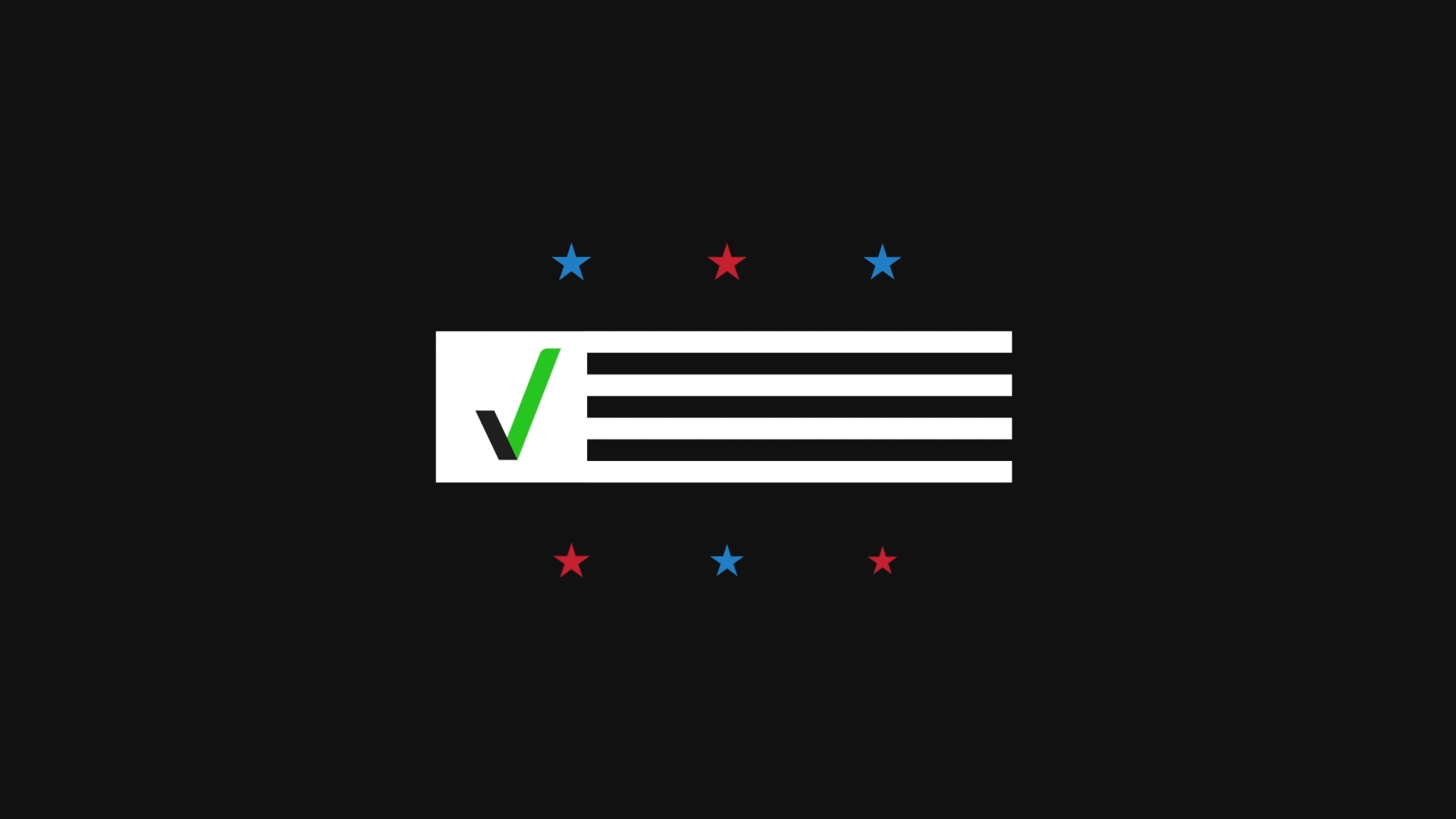ST PAUL, Minn. — The Minnesota lawmakers have been busy over their last few legislative sessions, proposing and passing laws at one of the most significant rates in state history.
Newly implemented state laws span topics across public safety, civil rights, environmental protections and more, but it's Minnesota's newest election laws that are top of mind in these last few weeks leading up to Nov 5.
Curious to know if any of these new mandates will affect your process at the ballot box? Here are just a few new laws you should know about.
For a list of all new 2023-2024 election-related laws, visit the Secretary of State's website.
1. TEEN VOTER PRE-REGISTRATION
An effort to improve voter turnout in Minnesota manifested into what's now called the Strengthen Freedom to Vote bill. One provision of this law allows 16- and 17-year-olds to submit registration applications that the Secretary of State's Office said will auto-enroll those voters when they turn 18.
According to an office representative, more than 25,500 Minnesotans aged 16 and 17 were preregistered to vote through Automatic Voter Registration as of Sept. 12.
2. RESTORATION OF VOTING RIGHTS
Effective July 2023, people who have been convicted of a felony and since released from incarceration have now had their voting rights restored.
After some back-and-forth in lower courts, the Minnesota Supreme Court ruled in August 2024 to uphold the law, which at the time it was enacted, was estimated to restore voting rights to 55,000 convicted felons who had completed their prison term but remained on probation.
3. AUTOMATIC VOTER REGISTRATION
If you've applied for a driver's license, state ID card, MinnesotaCare or any other services from an official state agency — and you meet voting eligibility requirements like proof of citizenship — your application will double as voter registration.
Those who opt for a REAL ID have already verified their citizenship, but for any other ID, the Secretary of State's Office said your application must include proper documentation. If your citizenship status has not been verified by the time you hit your polling place, you will not be allowed to cast your ballot.
4. LANGUAGE ACCESS
Minnesota now offers voting instructions, translated sample ballots and translation services available to voters whose first language isn't English.
According to the SOS, all polling locations are required to carry voting instructions in Spanish, Hmong and Somali, in addition to English.
The law states translation services are required at polling places if certain criteria are met, including 20% or more of the precinct population speaks English "less than very well" and 10 or more registered voters file a request with the state, which you can do here.
Translation services can also be available in precincts without those designations pending county and/or state review and approval.
5. PERMANENT ABSENTEE STATUS
If you plan to vote in each election, you can now sign up for permanent absentee voter status, meaning you'll no longer need to go to the polls to cast your ballot.
If eligible voters are accepted and enrolled, they'll automatically be sent an absentee ballot through the mail before each election.
Minnesota voters who are interested in the process can find more details here.
6. ABSENTEE/MAIL BALLOT RETURN DEADLINE
Previously, voters who chose to vote absentee or by mail were required to submit their ballots before 3 p.m. on Election Day to ensure they were properly collected and counted. New in 2023, voters now have until 8 p.m. to hand in their ballots.
7. ELECTION WORKER PROTECTIONS
As election officials field rising hostility at polling places across the country in recent years, Minnesota passed a law making it illegal to disseminate workers' personal information (doxing), intimidate them, interfere with the election process, obstruct their access to the process, tamper with a ballot box or Statewide Voter Registration System, the registration list or polling place roster, or access the statewide voter registration system without authorization.
The law states that anyone who violates these terms is subject to charges carrying civil penalties of damages and up to $1,000 for each violation.
For more information about worker protection, click here.
8. ELECTION-RELATED DEEP FAKES
Even if you want to avoid AI in the course of daily life, the reality is that it's almost impossible in 2024. That's why the legislature conjured up a law banning the distribution of "deep fake" content within 90 days of an election.
Content is considered a deep fake if it was created with tools powered by artificial intelligence to impersonate someone without their consent or knowledge and is intended to cause harm to their reputation and/or influence the outcome of the election.
Video, audio and images can all be manipulated into deep fake content.
For more information about fighting deep fakes and mis- and disinformation in election-related content, click here.

